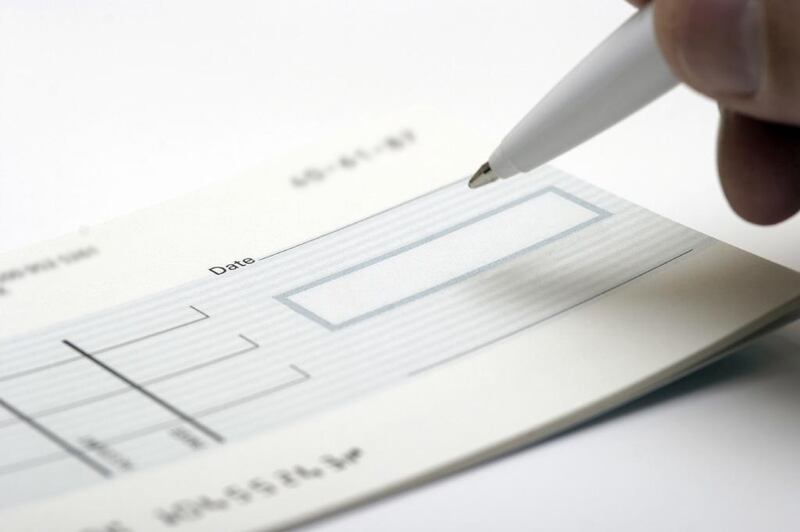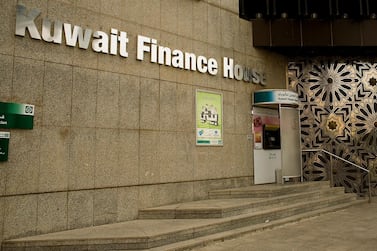Banks in the Gulf region will increase merger and acquisition activity as they look to gain scale to offset the impact of lower oil prices and the pandemic on profit margins, according to Moody’s Investors Service.
Challenging operating conditions as a result of the global economic slowdown may drive an uptick in M&A activity, particularly among smaller banks who face being crowded out by larger competitors, Moody’s said in its GCC banking report released on Tuesday.
"The banks now face larger cost adjustments as low oil prices and the coronavirus fallout constrain growth opportunities," Badis Shubailat, an analyst at Moody's, said.
"This is prompting a new wave of mergers as banks seek ways to combat revenue pressure."
M&A activity among GCC banks rose significantly after the three-year oil price slump that began in the middle of 2014. Shareholders who held stakes in more than one lender – typically regional governments and their related entities – drove consolidation, creating stronger financial institutions that were better equipped to face weaker operating conditions.
However, “purely financial considerations” will now motivate M&A activity, according to Moody’s.
“Operating efficiency will be key to maintaining profitability,” the ratings agency said.
“The revenue shock will shift management attention to cost discipline and consolidation opportunities. Mergers and acquisitions will remain a recurring credit theme over coming years.”
The Covid-19 crisis has tipped the global economy into the deepest recession since the 1930s. The World Bank expects global output to shrink 5.2 per cent this year, while the International Monetary Fund sees it contracting 4.9 per cent. The Washington-based fund expects only a mild recovery in 2021.
Lenders across the globe are also feeling the pinch, as interest rates remain record low, loan growth slows and provisions for expected bad debts increase. JPMorgan, the biggest US bank, set aside $10.47 billion to cover bad loans in July, which halved its second quarter profit. HSBC, Europe's largest lender, reported a 57 per cent decline in its second quarter profit in August and warned loan losses may climb to as much as $13bn.
Despite headwinds, profitability, loans and advances and deposits for the UAE's 10 largest lenders improved in the second quarter. The banks posted a 21.2 per cent year-on-year jump in their combined quarterly income, Alvarez & Marsal (A&M) said in its UAE Banking Pulse for Q2 2020 report in August.
Although lenders in the UAE fared better than some of their global peers, they operate in a competitive market of more than 50 lenders. In the six-member GCC region, there were more than 160 banks at the end of last year, serving a population of 58 million.
This compares with about a dozen commercial banks in the UK catering for a population of 66 million, suggesting that “overcapacity continues to be a structural issue for the GCC banking space”, Moody’s said.
The last wave of consolidations in the GCC led to the creation of some of the strongest financial institutions in the market. First Abu Dhabi Bank, the UAE’s largest lender, was formed through the merger of National Bank of Abu Dhabi and First Gulf Bank in 2017.
Abu Dhabi Commercial Bank also completed a three-way merger with Union National Bank and Al Hilal Bank last year. Dubai Islamic Bank earlier this year completed its acquisition of competitor Noor Bank to create a lender with total assets of more than Dh275bn.
In Saudi Arabia, the kingdom’s largest lender National Commercial Bank – which scrapped a potential tie-up with Riyad Bank – began talks on June 25 to merge with Samba Financial Group. If completed, it will create a bank with a 31 per cent market share by assets, or 30 per cent by total deposits.
Kuwait Finance House and Bahrain’s Ahli United Bank have also been in cross-border merger talks, but these were postponed in April due to the coronavirus outbreak.








